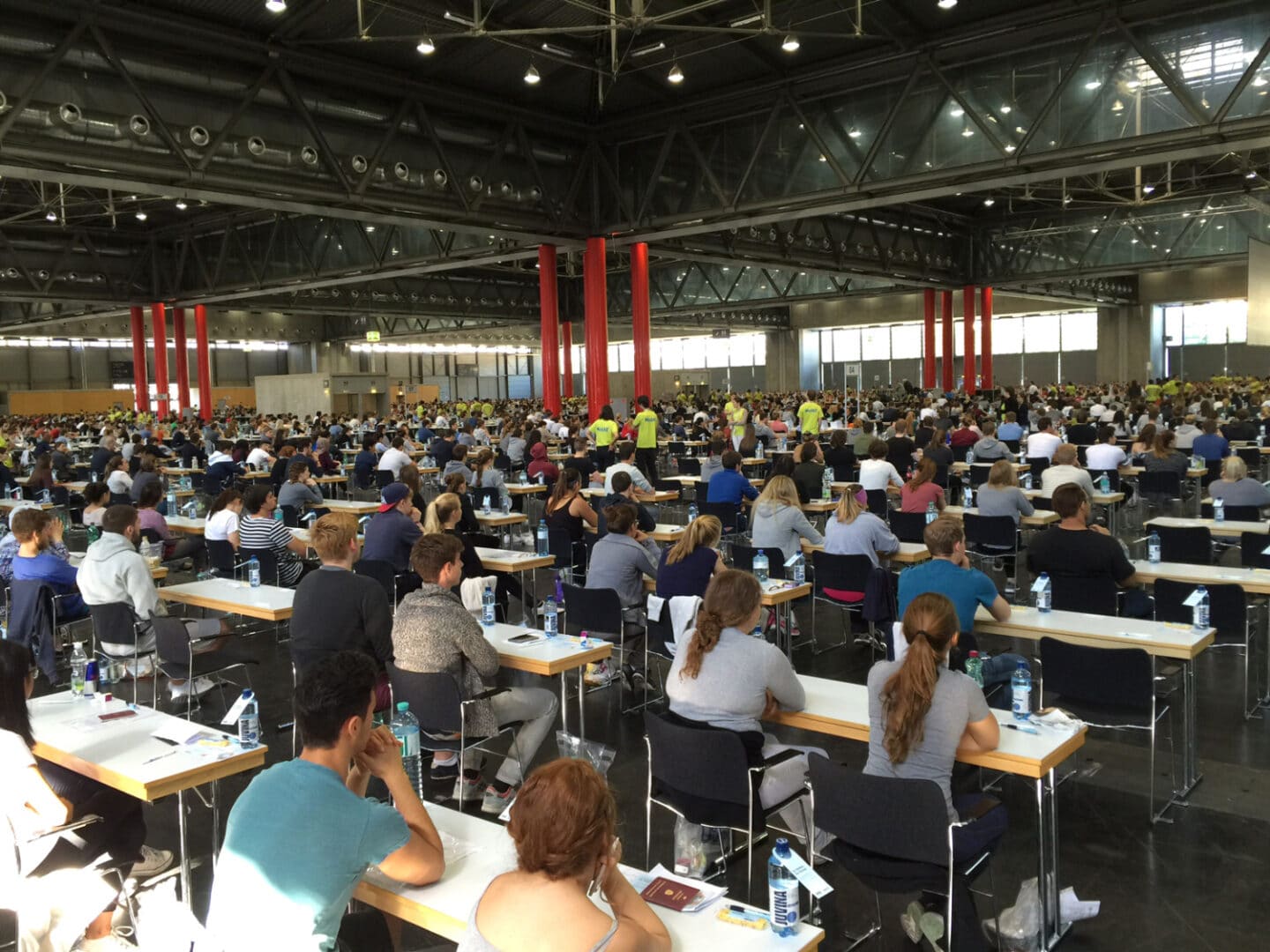
📖 Table of contents
It is no myth that the subject matter in medical school is extensive and varied. Over the years, a lot of knowledge accumulates that needs to be recalled in the exams. But how do I manage to acquire the learning content quickly and confidently? With the right learning methods, this is no trick either, which is why we will give you some tips and tricks along the way.
To find the best learning method for yourself, it is important to find out what type of learner you are. However, it is important to note that not just one, but several learning types can apply to you and combining them will achieve the best result. A few of the different learning types are the visual, auditory, motor and communicative learning types. To get specific tips for your individual learning type, you can go to the article "What type of learner am I?" drop by.
Of the many learning methods I have already tried, a few have been particularly helpful: The core method, short and concise Writing summaries and the active recall of learnt content, which I will now present.
1. the core method
The core method is about learning from the "inside out", i.e. starting with the most important learning content and then working it out piece by piece. You can classify the learning content into three different categories: Core information, additional information and unimportant information. With this method, you avoid forgetting important information and concentrate on what will be asked in the exam.
But how do I recognise what belongs to the important learning content?
Look at old exam questions to find out what the professors emphasise and what is often asked. The professor can also give hints on the exams in the lectures, which is why it makes sense to mark these topics in red and focus on them afterwards. The last trick is to put yourself in the examiner's shoes and ask yourself how the examiner would formulate the content in exam questions. Afterwards, you can answer these questions yourself as an exercise and check your learning level.
2. write good summaries
For a long time, I wrote extensive summaries that were embellished with many details and explanations. However, I found it difficult to keep track of the learning material, so I had to change my method. With the amount of material, it is important to summarise well. Therefore, you should only include keywords and the most important information. After all, the summary is not meant for precise explanations, but to collect exam-relevant learning content in a structured way. If you forget the meaning of certain terms in your summary, you can always look them up in a book, so do not include long texts, but keywords!
3. active recall
The most effective and important part of learning is the so-called active recall. This involves recalling and reproducing what we have learned from memory. Only what we repeat regularly is stored in the long-term memory. After your first learning unit, try to repeat in your own words what you have read or learned to check that you have understood everything. It makes sense to cover the book/lecture slides so you can't look at them and start the Active Recall process. It is perfectly okay not to be able to reproduce the entire learning material directly and to forget information, because the more often you review the material, the more knowledge you will gradually acquire.
Another method to actively learn the material is to formulate a question for each slide during a lecture that deals with the content. After the lecture, you try to answer the questions yourself and see how much you have taken away from the teaching unit.
It can be difficult not to fall into passive learning, but once you get used to the active methods, memorising will be easier and will help you in your studies. Good luck and good learning!





